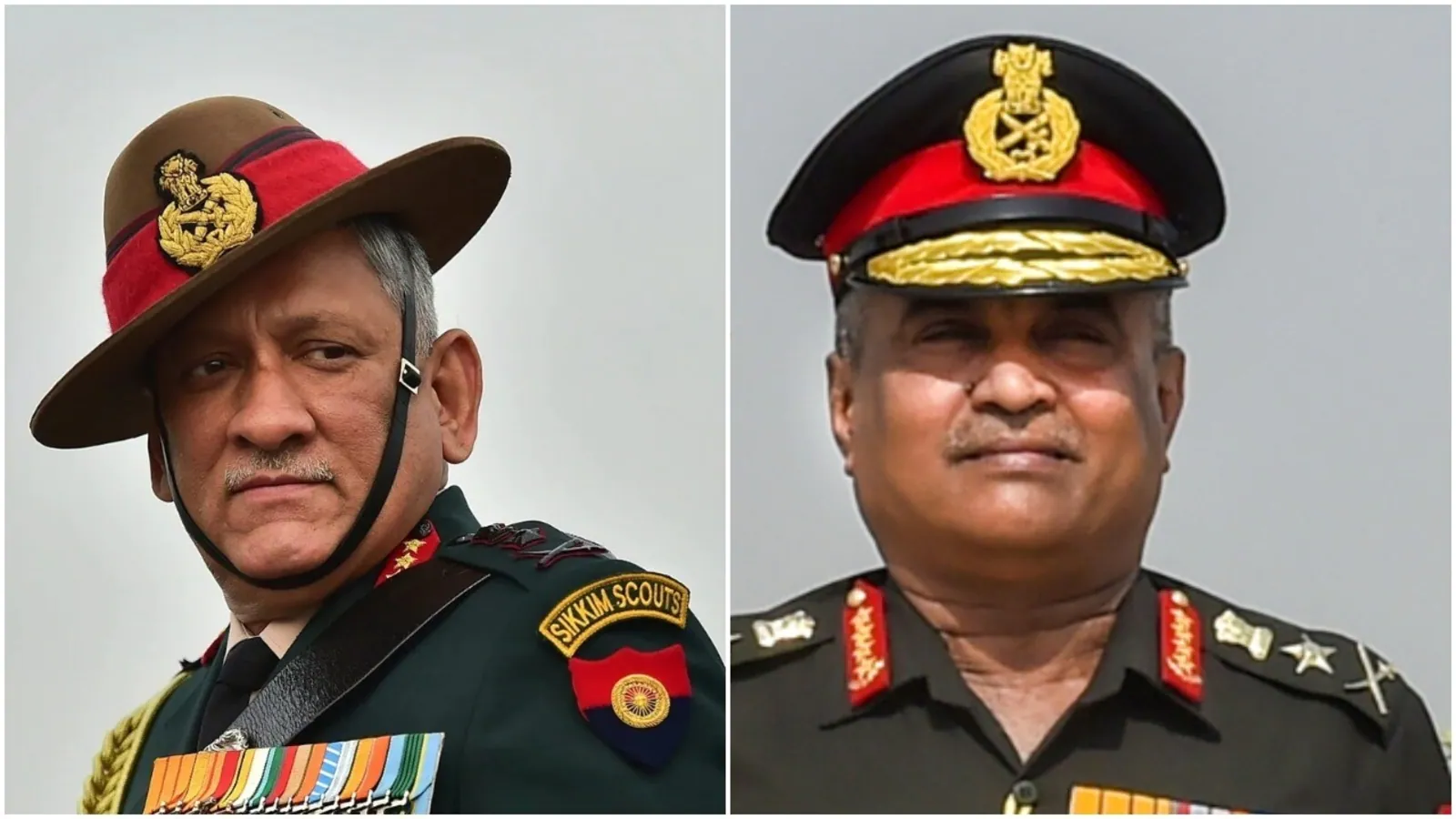[ad_1]
Prime Minister Narendra Modi broke a formidable arms-hierarchy-conscious silo when he appointed civil engineer Gen Manoj Pande as 28th Chief of Army Staff on May 1. He is the first engineer to become chief of Indian Army as previously the unwritten criterion was that the Senapati would be from battle arms like armoured corps or corps of infantry. Only five generals from Indian Artillery, a support arm, have made it to the rank of Chief of Army Staff.
While many an arm-chair generals would swear in support of equal opportunity Indian Army, fact is that appointment of Gen Pande is purely a merit-based appointment after the elevation of Gen Bipin Rawat as Chief on December 31, 2016, after superseding two Generals.
Gen Pande’s appointment in real terms is akin to appointing an IRS or IPS officer as Cabinet Secretary of India. Or making IFS (Group B) officer as Foreign Secretary of India or officer from Meteorology department making to the level of Air Force Chief. General Pande’s appointment is as revolutionary as appointing officer of the customs service to head the Indian intelligence.
Even though Gen Pande joined the General Cadre pool as a Brigadier, it would be a lie to say that the coat of arms does not matter in the Indian Army or for that matter in Indian military. The unwritten rules are that only those from infantry, armoured corps or on a much lesser scale, the Indian Artillery, make it to the higher ranks with officers from support arms looked down upon.
That Gen Pande made his way up the ladder with his senior from the combat arms, shows the true colours and mettle of the present Indian Army Chief. And for that PM Modi’s decision should be appreciated as unprecedented.
That merit is the sole criterion in the Indian military now is evident from the fact that another engineer from Bombay Sappers, Lt Gen. Yogendra Dimri, is now Commander in Chief of now powerful Central Command and handling the China border in strategically crucial middle sector. Gen Dimri has commanded the Bhopal based XXI Strike Corps and is known to be decisive and blunt.
While Gen Pande is expected to take forward the legacy of Gen Bipin Rawat by synergizing operations between the three services, he also is aware of the present status of jointmanship as he has served as Chief of tri-service Andamans and Nicobar Command. Fact is that while Indian Army and Navy are all for theatrisation of commands, the Air Force believes in one nation-one theatre strategy.
It is quite evident that Gen Pande with the support of the Modi government and its national security planners would have to put double effort in increasing the war fighting capabilities of Indian Army, which faces a formidable adversary in north and a constant irritant in the west. Any operational downside during Gen Pande’s tenure will be dissected to last bits and criticized by those retired generals who had the benefit of service in combat arms.
[ad_2]
Source link


